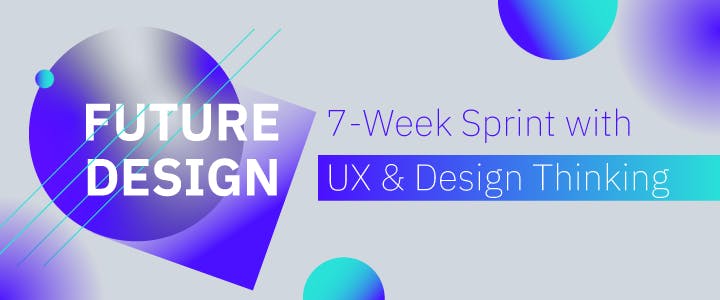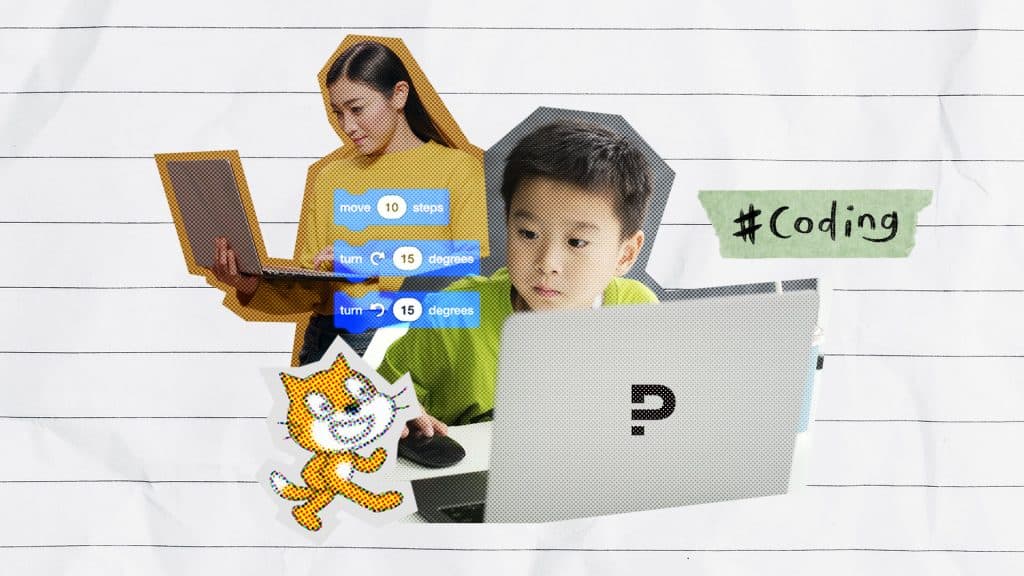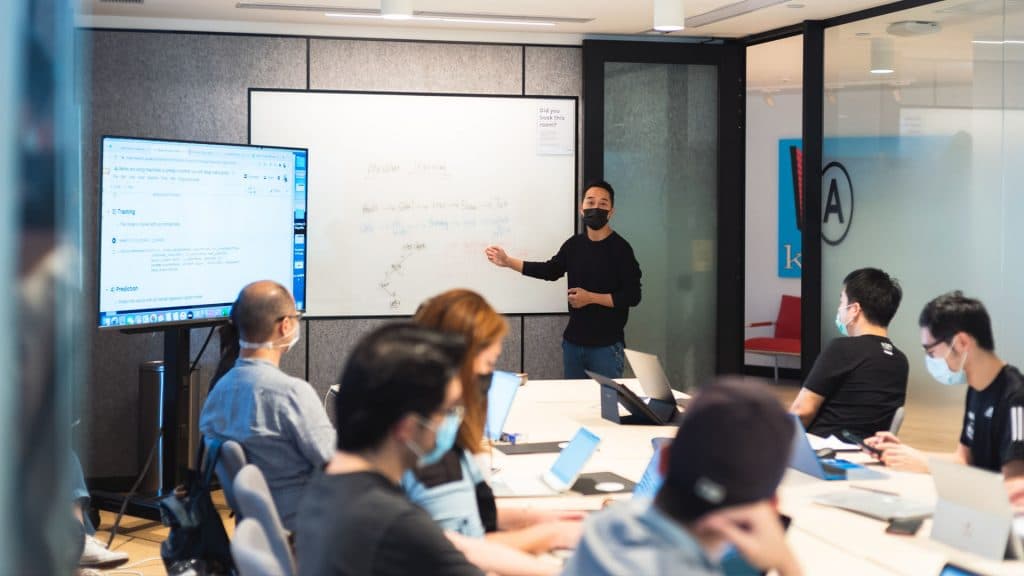The Ultimate Guide: STEM Education for Kids

Kids from Preface Coding were learning about Tech together.
STEM has become popular nowadays for helping children to develop their interested fields in early stages. So what is STEM? And how can it benefit child development? Wanna know the resources for STEM? Preface coding has prepared an ultimate guide for all the information you need about STEM!
Further Reading:
What is STEM?
STEM as you might already know stands for science, technology, engineering, and mathematics. As we all experience, “tech” has long been shorthand for a huge range of professions, and in this fast-changing world, tech skills are rapidly becoming a ‘must-have’ skill for everyone. Thus, in the 21st century, STEM learning has become more and more essential for students and even younger kids. More schools and even economies are focusing on STEM learnings now, trying to put students’ development of scientific thought and logical thinking processes front and center.
Further Reading:
Is STEM beneficial to kids learning development? Why?
Instead of viewing STEM in isolation of four different subjects, it is more like an education method that places a strong emphasis on experience and making children an active learner. In this article, we will introduce the benefits of STEM in students’ development.
1. Problem-solving Skill
STEM education allows kids to develop their problem-solving skills through explorative means. As STEM focuses more on implementing experiments, children can actively participate in scientific explorations. This helps kids to examine problems and create a solution plan to solve the problems step by step. The thinking process helps students to train up their critical thinking skills as well. According to a survey conducted by ML-PBL, project-based learning like STEM education greatly improves the problem-solving skills of children and increases their reasoning abilities.
2. Learn to “Trial & Error” and to Fail
It is indispensable that creativity plays an important role in boosting the recent developments in Artificial Intelligence. With STEM education, kids are encouraged to explore new ideas and innovations while solving complex problems, and while they are testing their answers, they can learn to ‘trial and error’ and learn from mistakes
3. Foster Creativity
“Thinking out of the box” is also a key skill that can be learned via STEM learning. STEM students try to come up with unique creative ideas while solving complex problems with an interdisciplinary approach. They develop this skill with inspiration from their teammates. Thus, it encourages kids to explore new things, use their imagination and build their invention.
4. To Improve Ingenuity
Ingenuity and creativity can pair with STEM and lead to new ideas and innovations. Via training of Maths, Science and Logical Thanking, ingenuity can be trained. This characteristic can also help students to be smart in tackling other subjects or other life problems.
5. Learn To Question
During STEM learnings, questioning is an essential process. As new concepts, experiments and logic are often introduced to kids, it will stimulate them to ask questions and prove their thinkings via experimenting, asking, and trying.

A Kid was learning programming with App Inventor.
What Is the Best Age for STEM Learning?
There is no best age for STEM we would say, but with the current educational trend, the earlier we start, the better, kindergarten or even toddler age are now the right ages to start. In this article, we will share how toddlers and young children can learn STEM and make the best out of fun learning resources recommended.
How Can My Child Start Learning STEM?
From government, schools to parents, it is a modern challenge to get children to get interested and start learning around STEM. Here, we have some suggestions about how young kids can embark upon their STEM voyage.
1. Early Stage
Nurturing little minds through STEM is seen to be more important nowadays.
“Let them be free to explore, be free to get curious” is undoubtedly the key learning objective for toddlers.
For toddlers, “sensory” play or stimulation is the most ideal and effective way to learn for developing brains, especially for building foundation for STEM concepts.
Sensory play with DIY “Sound Science Experiments” is a highly recommended learning way after our research. Studies also show that, up to about 6 months of age, babies can recognize all the sounds that make up all the languages in the world. Many “Sound Science Experiments” can be DIY easily, and they are also a good way for families to enjoy their fun time with STEM learning. One example is making a “Balloon Amplifier” for learning the concept of Sound Wave, you only have to “Blow up a balloon, hold it up, and tap on it. It doesn’t make a super loud sound. Next, hold the balloon up to your child’s ear and lightly tap on it.”
Learn more and get some inspiration of Sound Science Experiments here:[https://team-cartwright.com/sound-science-activities/](http://Nurturing little minds through STEM is seen to be more important nowadays. “Let them be free to explore, be free to get curious” is undoubtedly the key learning objective for toddlers. For toddlers, “sensory” play or stimulation is the most ideal and effective way to learn for developing brains, especially for building foundation for STEM concepts. Sensory play with DIY “Sound Science Experiments” is a highly recommended learning way after our research. Studies also show that, up to about 6 months of age, babies can recognize all the sounds that make up all the languages in the world. Many “Sound Science Experiments” can be DIY easily, and they are also a good way for families to enjoy their fun time with STEM learning. One example is making a “Balloon Amplifier” for learning the concept of Sound Wave, you only have to “Blow up a balloon, hold it up, and tap on it. It doesn’t make a super loud sound. Next, hold the balloon up to your child’s ear and lightly tap on it.” Learn more and get some inspiration of Sound Science Experiments here: https://team-cartwright.com/sound-science-activities/)
2. Preschool and Kindergarten
For Preschool and Kindergarten kids, we also will not suggest anything complex or harsh, but to learn STEM via Toys and Games.
“A child could be playing with a coding robot toy with their friend, trying to instruct it to move around objects. An onlooker might just think they are pressing buttons and accidentally knocking over obstacles while squabbling with their friend over which button to press next – but, in reality, they are learning so much more.” the former science teacher and author of “100 Ways Your Child Can Learn Through Play”, Georgina Durrant mentioned. Playing sometimes is more rewarding than we expect, but bringing in more knowledge for kids than normal lessons.
According to an interview by “All Together” news community with “Engineering Working Moms Facebook Group”, “Building Toys” like Legos, Keva Planks,[Magna Tiles](http://Magna Tiles) are suggested to be some of the best toys for learning around Science and Engineering foundational concepts. “Coding Toys” like Coder Bunny and**[Kids First Coding and Robotic](http://Kids First Coding and Robotic)**are also another highly recommended way for kids to learn about STEM.
Best Online Resources for STEM
1. NASA Space Place

” NASA Space Place, Website Homepage”
NASA as the world leader of Aeronautics and Science, has a mission of directorates to promote education of Science to every age group. NASA Space Place is a science resource hub for kids, to engage upper-elementary-aged children in space, tech and earth science through interactive games, videos and even crafts!
Learn more and start learning with NASA:https://www.nasa.gov/audience/forstudents/
2. Youtube Channel of “Preface Coding”

“Preface Coding, Youtube Channel Homepage”
Youtube is surely one of the platforms with the most Online Resources for STEM. For young kids who are looking to start their first few coding projects, Preface Coding’s Youtube Channel has a “[Scratch Tutorials](http://Scratch Tutorials)” series for beginners that would be the best fit for them! Kids can follow the videos step by step and create their fun projects by making Gif of their favorite cartoon character like Pikachu, or build their fun projects, like a shooting game.
Learn more and start learning via Scratch Tutorial :
Best Activities for STEM
1. DIY Engineering & Building Activity: “How Strong is Paper?”
Within 30 mins, your kid can get their engineering project done and build a paper tower themselves! This DIY Engineering & Building Activity is for Kids aged 3-8. Via this fun building project, they can explore the concept of “ compression” and “tension”, with only 3 handy things: Paper, Books and Tapes!
Find your step by step guide here:https://www.kiwico.com/diy/stem/engineering-building/how-strong-is-paper
2. DIY Maths Number Game: “Add It Up!”
Maths are often boring and complex for kids, but what about DIY, a fun game and let your kids start liking Maths? To prep, you will only need a beach ball and a permanent marker! You will only have to write numbers from 0 to 10 all over the ball, and play throwing and catching with your kids! Once they catch the ball, they simply add the numbers under their hands before throwing it to another child.
Find your step by step guide here:http://www.momto2poshlildivas.com/2013/04/add-it-up-gross-motor-addition-game.html
3. Learning Scratch From Reputable Institutes
There are many coding schools nowadays, make sure you choose a prestigious one like Preface Coding. With certified MIT trainers and with an award winning curriculum, your kids’ can build their coding confidence and interest by learning Scratch there! Through the scratch lesson of Preface Coding, children can transform their favourite bedtime stories into cartoon and movable characters, they can even build their own games and share their creation to let other kids play!
Find more information of Preface Coding’s Scratch programme here:https://www.preface.ai/scratch
Further Reading List:
Reference:
“Defining Moment: The STEM And EdTech Convergence That Will Change Everything”, Forbeshttps://www.forbes.com/sites/forbestechcouncil/2020/06/19/defining-moment-the-stem-and-edtech-convergence-that-will-change-everything/?sh=3e717e0064f6
“What is STEM”, Jockey Club https://jcstem.cite.hku.hk/conceptual-framework/what-is-stem/
“10 best Stem toys: Help kids to learn while they play”, Independenthttps://www.independent.co.uk/extras/indybest/kids/best-stem-toys-for-kids-toddlers-uk-a9450361.html
“11 Engaging STEM Activities for Kids that Will Foster Curiosity”, Rasmussen Universityhttps://www.rasmussen.edu/degrees/education/blog/simple-stem-activities-for-kids/
“STEM EDUCATION: WHAT IS STEM AND WHY DOES IT MATTER?” , Bright Horizonshttps://www.brighthorizons.com/family-resources/stem-education-what-is-stem-why-does-it-matter
“The Ultimate STEM Guide for Kids: 239 Cool Sites About Science, Technology, Engineering and Math”, Master’s in Data Sciencehttps://www.mastersindatascience.org/resources/the-ultimate-stem-guide-for-kids-239-cool-sites-about-science-technology-engineering-and-math/
“Everything You Wanted to Know About STEM Activities for Toddlers”, preschool STEAMhttps://preschoolsteam.com/stem-activities-toddlers/
“5 Simple Sensory STEM Activities for Toddlers and Preschoolers”, Tea Cartwrighthttps://team-cartwright.com/sensory-stem-for-toddlers-preschoolers/
“Start Them Young: STEM Activities For Infants” , Kids Stop Press
Wish to see what other innovative projects that we have launched? Take a look at our Instagram or Facebook for our latest news.







